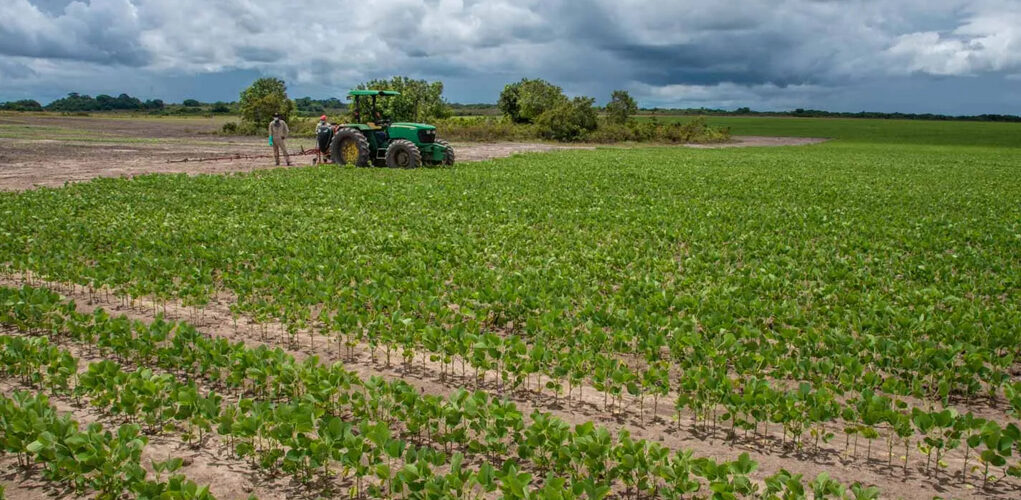In an effort to contribute to the Caribbean Community (CARICOM)’s goal of slashing the region’s food import bill by 25 percent by 2025, Farmlands Guyana Inc. (FGI) has unveiled a large-scale agricultural project aimed at boosting the production of corn, soybeans, and sorghum in Guyana. The initiative, part of a broader regional strategy to enhance food security, positions Guyana as a key player in meeting the growing demand for poultry feed ingredients.
In its project summary submitted to the Environmental Protection Agency, FGI noted it has selected the Ebini area in Region 10 for this venture, acquiring 10,100 hectares (24,975 acres) to develop its farming operations. The company’s plan includes the cultivation of 9,797 hectares (24,209 acres) over five years, with a commitment to preserve 3 percent of the land as forest, demonstrating its dedication to sustainable farming practices.
The project kicked off in November 2023 with land preparation and the construction of essential infrastructure, including water wells, a main office, and storage facilities. FGI said its approach is multifaceted, aiming to introduce new farming technologies and techniques to Guyana, foster technology transfer, and employ local labor, thereby contributing to the local economy.
With an initial focus on corn and soybeans, using 600 hectares in the first year and expanding annually, FGI plans to integrate sorghum into its crop rotation by the fourth year. The company’s projections are based on yields of 5.50 metric tons (MT) per hectare for corn, 3.00 MT per hectare for soybeans, and 5.00 MT per hectare for sorghum. These figures rest on the assumption that market prices will align with current international rates.
Farmlands Guyana Inc. is not just aiming for crop production but is also keen on enhancing the agricultural sector’s overall capacity through the introduction of advanced equipment and the expertise of Brazilian farm management professionals.
The venture is a significant step towards Guyana’s commitment under the CARICOM initiative, with FGI playing a crucial role in the nation’s efforts to reduce its reliance on imported food and ensure a more secure and sustainable food supply for the region.













